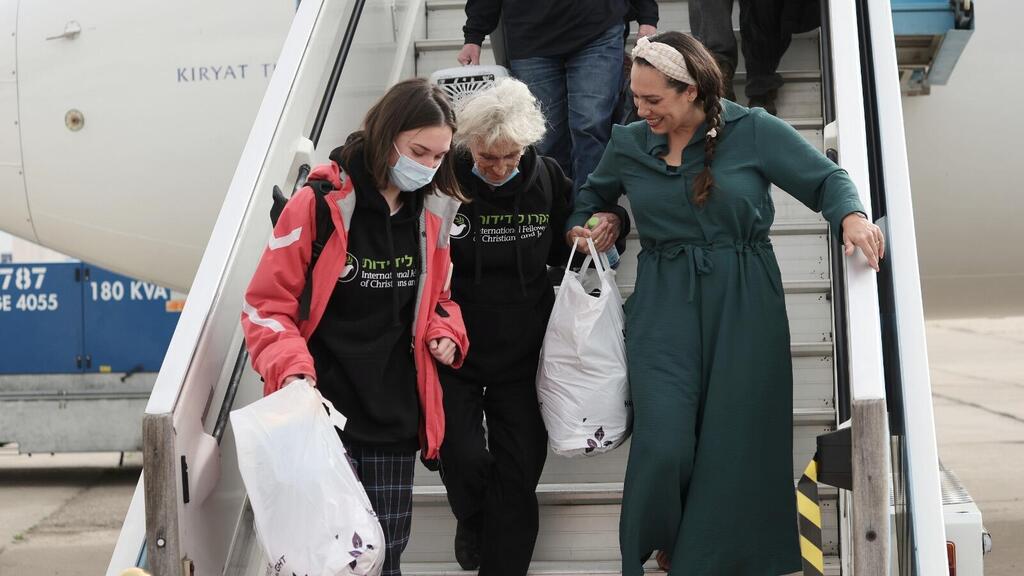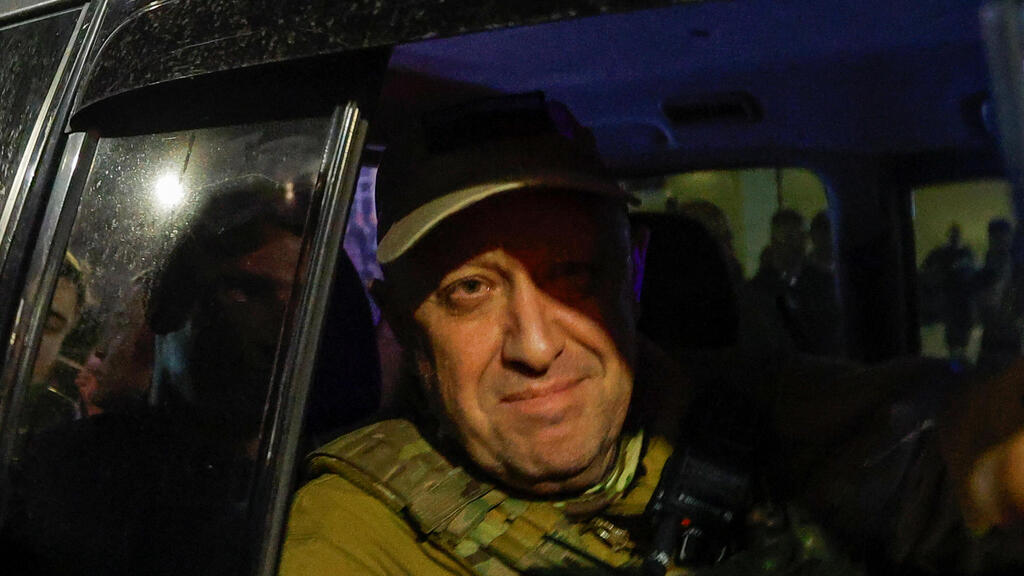Getting your Trinity Audio player ready...
Israel will end its fast track to expedite immigration from Russia despite the precarious situation there and the potential danger to Jews wishing to immigrate to Israel. The fast track was put in place after the Russian invasion of Ukraine, in order to expedite requests from Ukrainian and Russian Jews wishing to flee the war.
Read more:
In a statement, the Immigration and Absorption Ministry said the decision was made in light of reduced immigration requests from areas in war. But while fewer requests were made by Jews in Ukraine, Jews in Russia and Belarus still wish to immigrate in growing numbers and are faced with increasingly difficult obstacles placed by the government. In fact, the number of immigrants arriving in Israel this year has not changed from the previous one.
In light of the threat to march on Moscow by the commander of the mercenary Wagner Group, Yevgeny Prigozhin, a meeting of the Knesset committee on immigration was convened with representatives of the National Security Council, the Foreign Ministry and immigration officials from the prime minister's office, to discuss reversing the decision.
Head of the Knesset immigrant's rights lobby former Immigration Minister Zeev Elkin demanded the expedited track remain available. There are currently 13,000 immigration requests from Jews in Russia that would be delayed if the government's decision stands.
"The moment the fast track is closed, Russian Jews will have to wait a year before their requests to immigrate are processed," Elkin said. "There is nothing more uncanny than preventing this emergency track that had been installed since the invasion of Ukraine, at this time, when the situation in Russia is so precarious," he said.
"The prime minister must intervene immediately, or there will be long-term repercussions. How will he and the immigration minister be able to look themselves in the mirror if something happens and tomorrow Jews will no longer be allowed to immigrate?" Elkin said.
National Security official Ran Peled said the situation in Russia is still ongoing. "This is an internal Russian affair which Israel must refrain from involvement in," he said. "We must watch the developments," he said.
Immigration and Absorption Minister Ofir Sofer said the ministry's decision was taken after hearing from experts and that most Russian Jews prefer to go through long-established channels and not through the emergency mechanisms.
"The fast track will remain available for Jews from Ukraine and Russian and Belarusian Jews in cases of humanitarian emergencies," he said adding that he is in contact with authorities and should there be massive requests to immigrate, a solution will be found to accommodate those requests.





